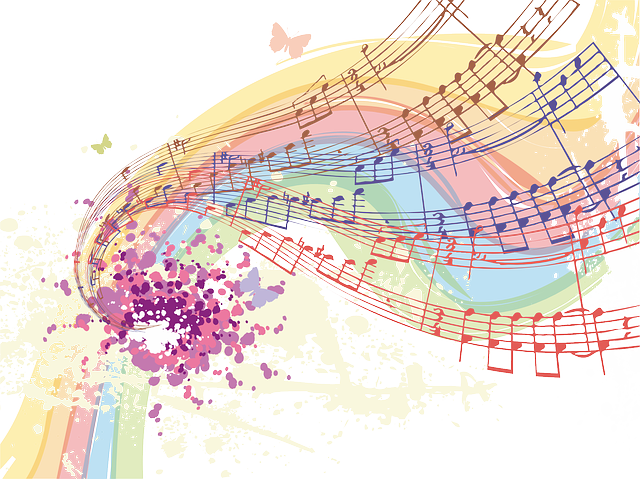Music to help Parkinson’s
Parkinson’s UK in collaboration with the British Association of Sports and Exercise Sciences (BASES) have produced a simple and effective infographic summarising the multiple benefits of musical experiences and therapies for people living with Parkinson’s Disease.

This infographic is supported by a growing number of empirical studies. It is backed by a short expert statement on the uses of music for Parkinson’s Disease authored by 11 academics and clinicians in the field, including my good friend Dr Dawn Rose.
The statement begins with the quote:
“Music makes me feel free; it makes me feel normal, like I was a puppet with my strings messed-up, and suddenly they’ve all been untangled.” Anon. person with Parkinson’s
The expert statement goes on to clarify the potential of auditory music to support the multiple challenges of living with Parkinson’s, when compared to other auditory stimuli (such as a metronome) and , interestingly, in the absence of music itself, i.e. through the development of a supportive ‘inner jukebox’ based on auditory imagery (music in the mind)
When viewing the infographic, it is possible to conclude that the images and statements therein refer to quite general effects of music on the mind and body; effects that could well apply to any number of conditions that challenge a person’s wellbeing.
You would be right to draw this conclusion, as music is a powerful agent for change in the majority of people. However, this does not lessen the importance and value of this infographic and accompanying statement in relation to Parkinson’s. In fact, there are far more general wellbeing impacts of music than those listed in the infographic. What the experts have done in this case is selectively consider the most consistent pathways to effect for people with Parkinson’s as demonstrated by empirical evidence.
This considered opinion and advice allows practitioners to target specific symptoms and select music for particular pathways to effect. Fundamentally, the challenge for music psychology in relation to wellbeing is to investigate the replicable impacts of music for varying life circumstances so we can move from intuitive and informed use of music in order to best help people. Music care is about far more than helping someone to ‘feel better’.
Effective support with music is also far more nuanced than picking someone’s favourite tune. For example, someone with Parkinson’s may be experiencing a period of intense anxiety in relation to their symptoms. The music you may select in order to meet the need to reduce anxiety would be different to the music you might be inclined to try for that same person if you were looking to improve their entrainment – rhythmic synchronisation – so that they are able to walk with more confidence and experience fewer falls/ freezing episodes. Understanding the individual pathways to effect allows informed selection with specific, attainable, individualised treatment goals in mind.
The recommendations for the experts in relation to Parkinson’s are as follows:
• Select music tracks that have a clearly extractible metre (strong beat) and avoid altering the tempi of tracks.
• Incorporate music making as well as music listening into therapeutic programmes.
• Music is a socialising force that can be used to encourage people to move together in time and space, with concomitant benefits for quality of life.
• Within group settings, consider participants’ age and preferences in the formation of music programmes in order to accommodate individual needs (e.g. varying levels of movement complexity).
• Employ modern digital technologies, such as those that generate motion sensor-mediated music programmes, to facilitate the autonomous selection of music based on movement rate (i.e. passive synchronisation).





